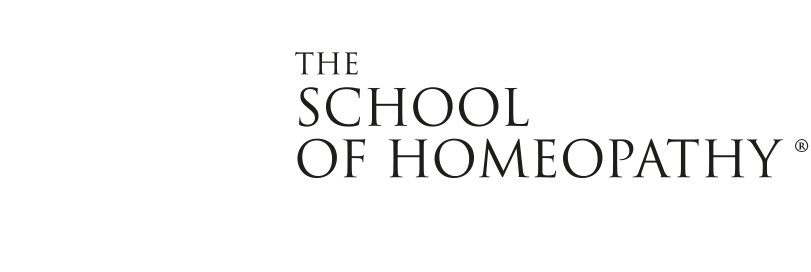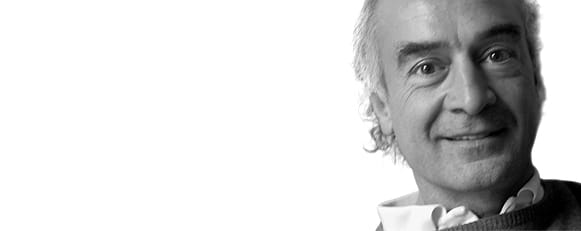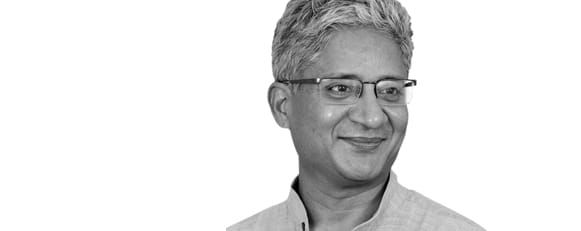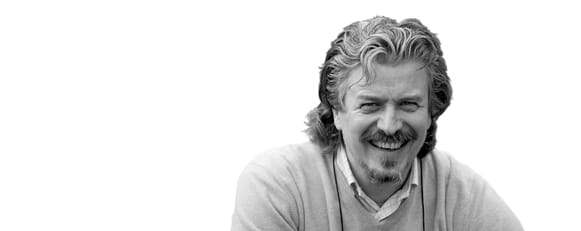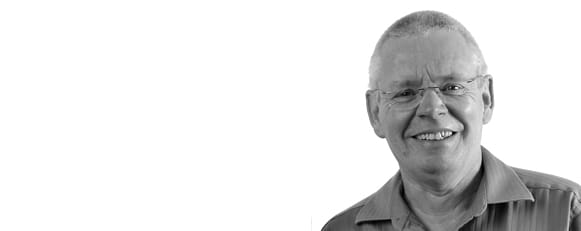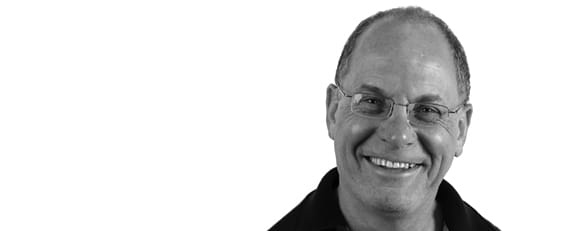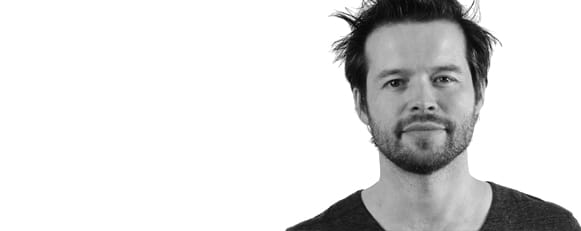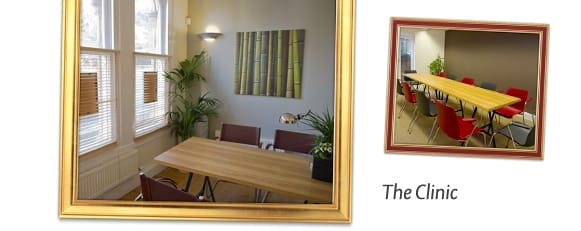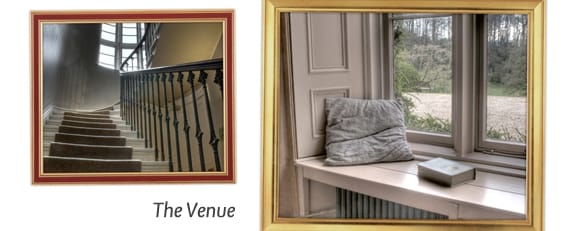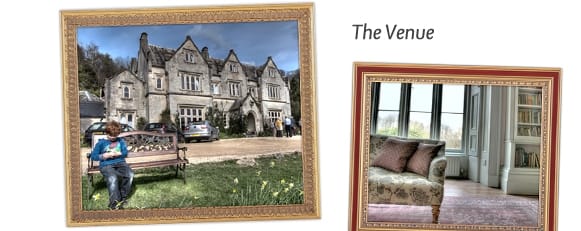
.jpg)
A holistic view of health
Although current medical practice recognises that there are connections between mental, emotional and physical conditions the dominant approach is to break the whole down into parts with separate diagnostic labels.
Different drugs are then prescribed for each seemingly unrelated symptom. Most medicines have side effects which add to the patient’s troubles - a search on the Internet will reveal pages of them. To counteract these side effects a new set of drugs may be given. Thus suffering is not ultimately decreased at all but actually increased.
Homeopaths use specially prepared, potentised medicines from which toxic effects have been removed. Homeopaths look at the big picture: all the patient’s symptoms are grouped together and understood to represent the whole disease. When making an individual assessment homeopaths look at ancestral health, family issues, conception and gestation, birth and childhood, whilst at all times noting the ways in which the patient manifests uniqueness. Job and family life, hobbies and holidays, relationships, responses to life’s challenges and everything that denotes individuality are used to add to the picture of health and its breakdown into disease.
One of the reasons that homeopathy is the second largest system of medicine in the world today, aside from bringing health benefits without side effects or the dangers inherent in major interventions, is that it offers this holistic approach to health and healing. Holism implies that the parts in a system relate interactively; that body, mind and spirit are all aspects of a whole being and that all individuals are involved in a web of interrelationships with the world, its mineral, plant and animal constituents. Apropos of which, the healing agents used in homeopathy derive from mineral, plant and animal sources and are used according to the principle of like cures like.

Plato wrote almost 2,400 years ago:
“As you ought not to attempt to cure the eyes without the head, or the head without the body, so neither ought you to attempt to cure the body without the soul; and this is the reason why the cure of many diseases is unknown to the physicians of Greece, because the part can never be well unless the whole is well.”
When a person is treated as a whole, the symptoms presenting in different parts of their body will naturally be cured because their overall health has been addressed, that is to say their mental, emotional and physical symptoms have all been taken into account and treated by the homeopath.
This healing is more than just treating symptoms, it is inspirational and it has become an everyday part of my life.
Bill, Student

200 years of heritage and refinement
Homeopathy is a system of natural medicine that has been in use worldwide for over 200 years. It has been available on the NHS since its inception in 1948. The name homeopathy, coined by its originator, Dr Samuel Hahnemann, is derived from the Greek words for ‘similar suffering’ referring to the ‘like cures like’ principle of healing. He was born in Germany 250 years ago.
